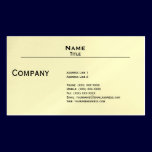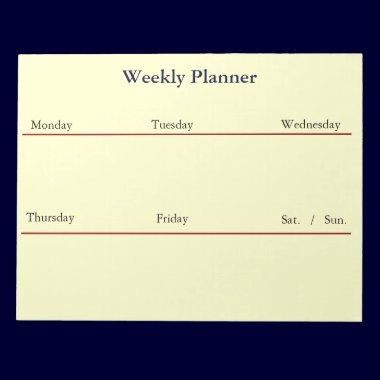Suggestions
- Get the fastest Internet connection you can from the most reliable provider. Trading software provides streaming data in real time that won't work properly over a slow or unreliable connection.
- Select a broker. Brokers have similar trading platforms but cater to different clienteles. Some provide bare-bones service to experienced traders; others offer more support and advice. Some are strictly online; others have local branches that offer trading seminars for beginners. Talk to several to see with whom you feel most comfortable.
- Check with the broker to see if your computer meets its software requirements: processing speed, RAM and operating system.
- Download, fill out, sign, and mail in the brokerage account application. If the broker you choose has a local branch nearby, you can open an account in person. In addition to the identifying information, you'll be asked for your employment status, annual income, net worth and investing experience and objectives. Brokers need this information to make sure your trading patterns conform to your stated objectives.
- Decide whether you want a cash or margin account. Margin allows you to borrow money from your broker to buy more securities or to withdraw cash without having to sell your holdings.
- Fund your account. The minimum opening balance varies from broker to broker but is usually less than $2,000. You can send a check or link your bank account to the brokerage account to transfer funds electronically.
- Familiarize yourself with the trading platform before placing actual trades. A trading platform comes with a lot of features. Don't get intimidated. Most traders use about 20 to 30 percent of what's available, based on their trading style and method. Call the broker if you need help navigating through the platform.
______________________










No comments:
Post a Comment